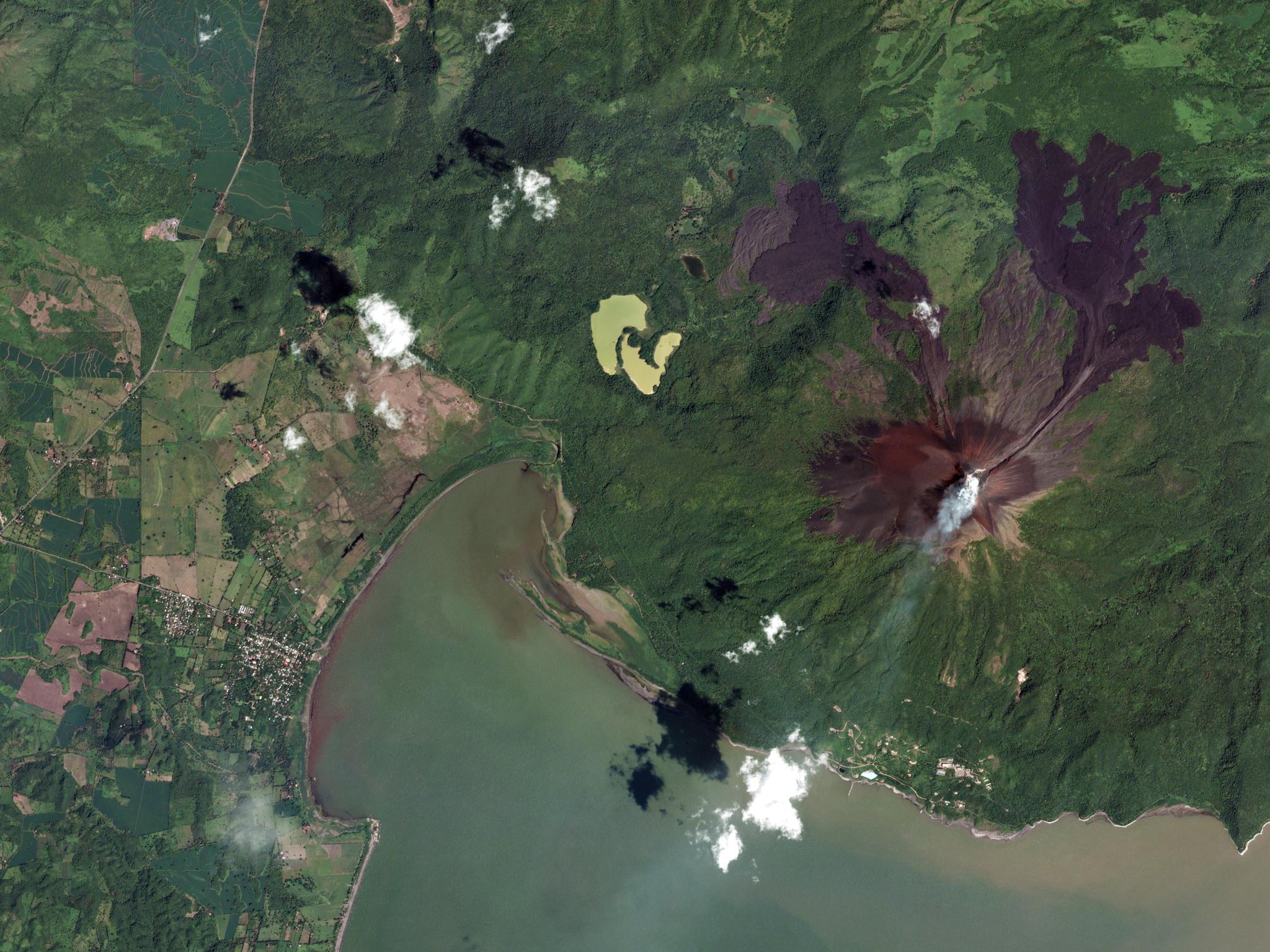Planet Offers Broader Data Access to the Academic Community

Ash plumes stream from Momotombo, a stratovolcano in Nicaragua © 2016, Planet Labs Inc. All Rights Reserved.
NewsThrough our Ambassador’s Program, Planet has granted data to about 150 researchers...and what they’ve developed has blown us away. But we think that there’s more to be discovered.
Today, we’re thrilled to announce a new offering for researchers at accredited universities across the globe: Planet’s Education and Research Program.
Now, any college student, researcher or professor can gain access to Planet’s unique dataset for non-commercial research purposes. With access, participants can browse our large trove of remote sensing data, download imagery, analyze trends, and publish their results.


Ready to Get Started
Connect with a member of our Sales team. We'll help you find the right products and pricing for your needs.

